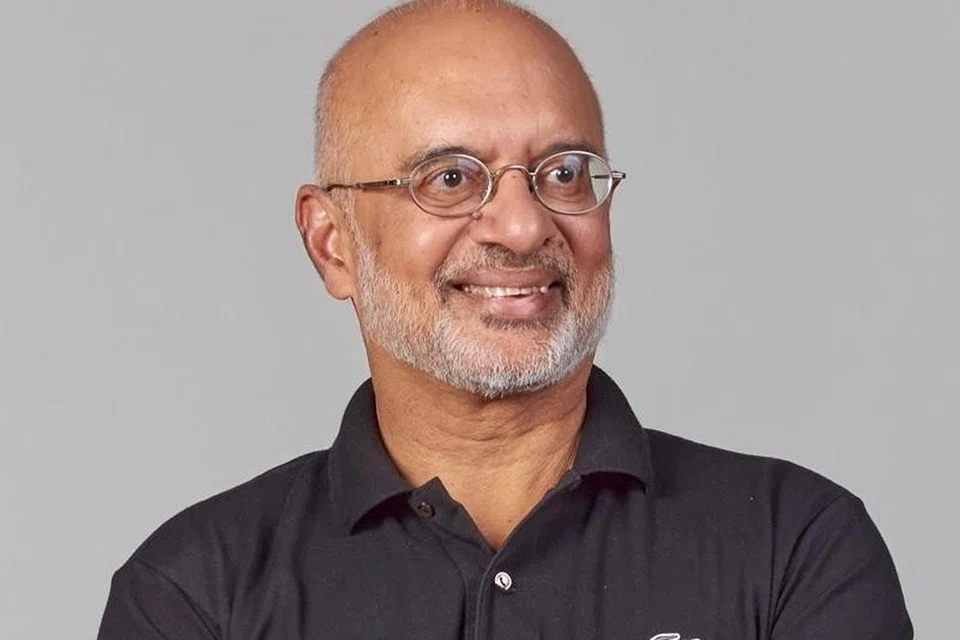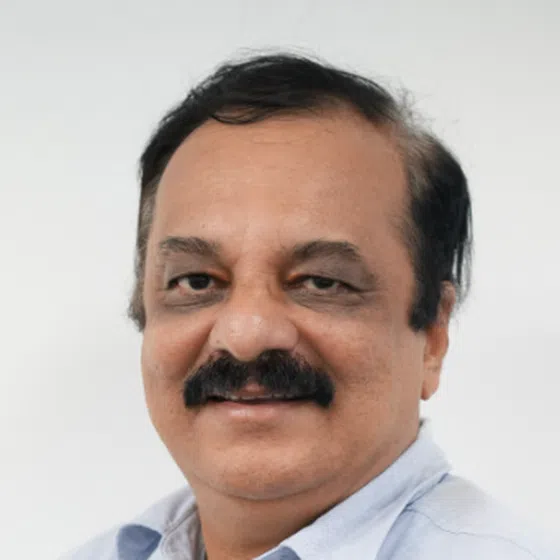At the heart of Mr Gupta’s leadership journey lies a deep-rooted value: staying grounded.
“I gave a commencement speech at NUS years ago on staying rooted,” he recalled. “It’s easy in my position to lose sight of yourself – hobnobbing with presidents, flying first class. But you must remember the kid who grew up playing cricket in the neighborhood. A lot of what happens in life is kismet (destiny in Urdu). So, if you stay humble, you treat everyone – tea lady or security guard – with the same respect.”
This ethos of relatability shone brightly in his final days at DBS which has 43,000 employees. A video of his emotional farewell went viral, showing hundreds of staff cheering and crying as Mr Gupta made his way through the lobby.
“When I came out of the lift, I was stunned. It was like an amphitheatre of people.I started crying. I could see people crying around me and I can say, obviously you touched people enough for them to want to do this.”
Despite leading one of Asia’s largest banks, Mr Gupta never let work dominate his personal life. His secret? A disciplined, almost binary compartmentalisation of his mind.
“My brain is wired to switch modes. I don’t carry work home,” he explained. “When I walk through my front door, work switches off and family life switches on.”
That clarity helped him stay present as a father to two children, now bankers themselves – his daughter, 36, at Barclays in London and his son, 33, at JP Morgan in New York.
“They grew up across South-east Asia – Jakarta, Hong Kong, Kuala Lumpur and Singapore. Despite all the moves, I made time for parenting. I played golf, badminton, spent time with friends – and I was always there for the kids.”
But being compartmentalised has its quirks.
“My wife knows not to tell me things when I’m at work,” he joked. “If she wants me to remember, she tells my secretary.”
One of the more striking things about Mr Gupta is his responsiveness. For someone who’s navigated billion-dollar decisions, his e-mails are always prompt – even to seemingly trivial queries.
“I follow the urgent-versus-important rule,” he said. “Urgent things that require quick replies, I do right away. The important, complex stuff – I park it until I have time to read, think and respond thoughtfully. But if it’s instinctive, I get back in minutes.”
He attributes this not just to discipline, but a desire to stay current and accessible.
Food, like family and work, has also evolved for Mr Gupta. While his Indian roots are strong, his culinary heart now lies in South-east Asia.
“I prefer pepper crab – though I like the chilli crab sauce with the mantou bun,” he said. “I like Peranakan food. I like Malay cuisine. I love beef rendang. It’s one of my favourite dishes.”
And his kids? “They’ll go miles for South-east Asian food. Not so much for Indian,” he said with a laugh.


